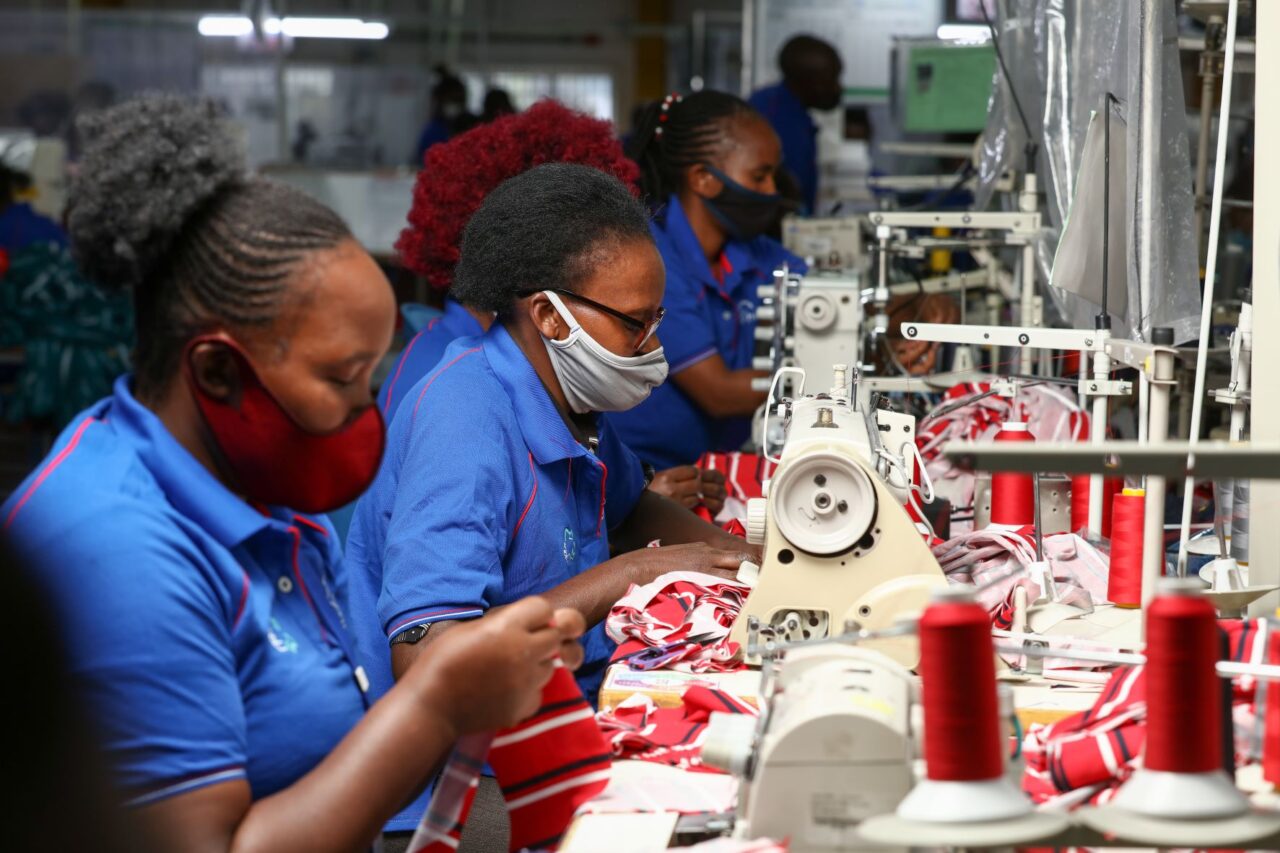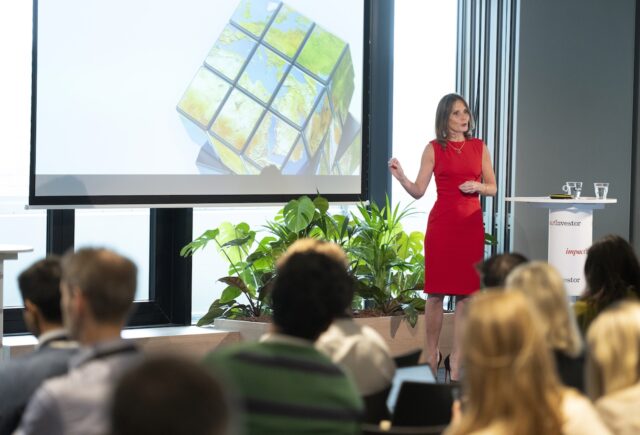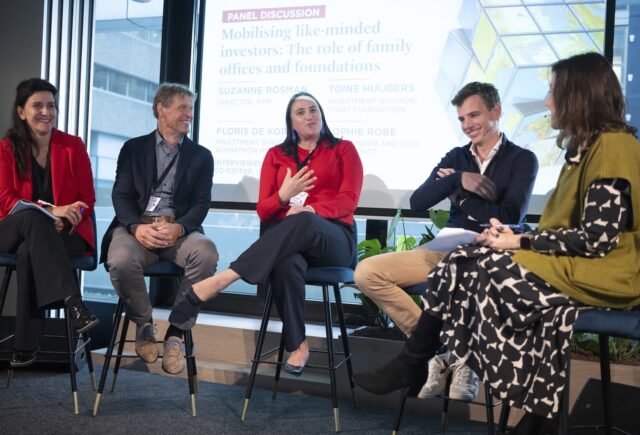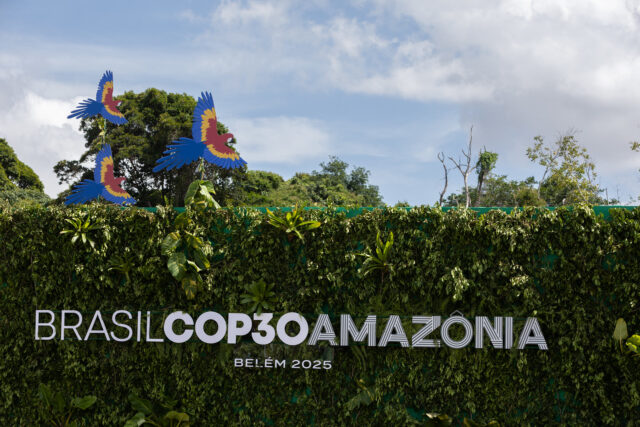The Japanese development bank joins founding partner KfW as an investor in the fund, which provides loans to SMEs exporting from emerging Asia and Africa.

The Japan International Cooperation Agency (JICA) has made a $40m ($34m) commitment to Aavishkaar Capital’s Global Supply Chain Support Fund (GSCF), adding to an existing investment by German development bank KfW to bring total commitments to the fund to $95m.
The credit fund, which was established by Mumbai-based Aavishkaar Capital in partnership with KfW in 2022, is targeting a total size of $220m.
The fund manager said it hoped to attract further investment from development finance institutions, pension funds, insurance companies, family offices and other investors to the blended finance structure, which is designed to generate regular income and high impact at low risk.
The fund was established to provide credit to private firms operating in international business supply chains in Africa, India and other parts of emerging Asia. Target sectors include agriculture, food processing and manufacturing.
JICA’s commitment is intended to support small and medium-sized enterprises (SMEs) whose businesses have a significant social and environmental impact. In addition to its investment, founding partner KfW also provides a technical assistance facility allowing the fund to provide post-investment support for the enabling ecosystem and portfolio companies.
Aavishkaar Capital has launched eight funds to date, and has some $550m in assets under management. It is the impact investing arm of the Aavishkaar Group, which has operations in microfinance, MSME lending, and ecosystem development in India, Asian emerging markets and sub-Saharan Africa.
The impact investor cut its teeth developing venture capital funds, but is also developing non-dilutive credit as an effective use of resources in the wider developing world beyond the more mature Indian market.
Abhishek Mittal, a partner in the GSCF, told Impact Investor the evolution of the credit offering was the result of the company’s experience of many years operating in Asia and Africa.
“While the Indian capital markets ecosystem has evolved to a stage that private investments can be exited through public, secondary or strategic sale within a fund’s lifetime, we feel that emerging Asian and sub-Saharan African economies are still sometime away,” Mittal said.
“Also, for SMEs, which form the target segment for this fund, access to the right growth capital continues to be a problem, as traditional lending pools such as banks and NBFCs and NBFIs [non-banking financial companies and institutions] cannot fully meet their demand for capital,” he added.
Varied investments
The fund has provided credit to eight companies so far. Among them are Horizon Group, which processes high value spices in its facilities in Nigeria, Tanzania, and Madagascar to supply markets in the EU, Asia, and the US, Indian-based POSHS metal industries, which processes auto-grade steel, and Hela, an apparel manufacturer and supply chains solutions provider with facilities in Sri Lanka, Kenya, Ethiopia and Egypt.
Loans made through the fund are typically in the $3m-$7m range with three-to-five-year tenors. They are designed to fund growth needs of the business, such as capital expenditure, new product and business development and working capital needs. The fund is targeting a portfolio of 18-22 companies at any given time. Aavishkaar said the fund would also be happy to support performing businesses through refinancing structures over a longer duration.
Beyond the credit provided, Aavishkaar said it supports companies in establishing systems, processes and governance structures to make them more attractive to larger institutional investors.





